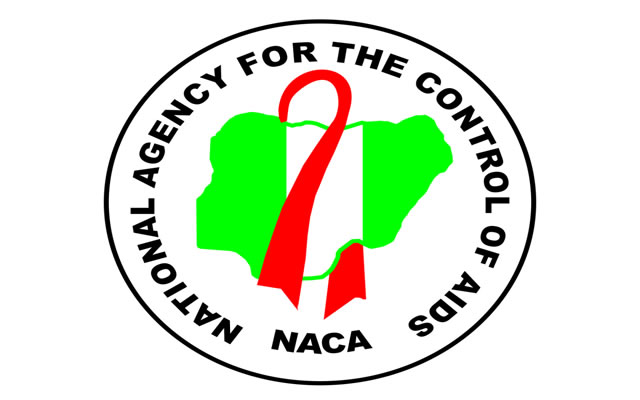
The National Agency for the Control of AIDS (NACA) has said stigma and discrimination remain significant barriers for Nigeria to achieve HIV and AIDS-free goals by 2030.
The Director General of NACA, Dr Temitope Ilori, while disclosing this on Tuesday, at the 2024 Nigeria HIV Prevention Conference in Abuja, therefore, recommended that government and stakeholders must educate and sensitize people about the harmful effects of stigma and discrimination against individuals living with HIV/AIDS.
The conference is themed: “Accelerating HIV Prevention to End AIDS through Innovations and Community Engagement”.
She said: “Our strategies must be inclusive, person-centred, and sensitive to the needs of adolescents, young people, key populations, and people living with HIV/AIDS.”
“We must also focus on community-based interventions while promoting local ownership and sustainability of our response efforts.”
Meanwhile, the Minister of State for Health, Dr Tunji Alausa in his remarks, said he will focus attention on how the government keeps data right while ensuring that the government has a solid foundation for improved ownership and sustainability of the HIV response in Nigeria.
Alausa added that the vision of the Health renewal project is to produce health and reduce pains sustainable for all Nigerians.
“These goals are formed on four main pillars, which are, effective governance, efficient & equitable quality health system, unlocking the health value chain and health security.”
“These visions change how the government provides health for its citizens across the country. I call on all to join hands with us as we make this vision a reality for the benefit of all Nigerians…
The theme lays predence on our collective determination as a government to ensure that Nigerians are healthy and wealthy. Prevention is indeed better than cure, but currently, we are yet to get a cure for HIV.”
“This emphasises the need to accelerate prevention of new infections, especially amongst vulnerable populations and youths in general.
“This conference provides a platform for discussing our different prevention strategies with intent of accessing for effectiveness, sharing global prevention practices and domesticating them to suit our socio-cultural environment.”
“At the end of this conference, I will be expecting the new DG of NACA to brief me on the output of this conference and how selective strategies have been implemented in the national HIV response.”
“I will be elated when she talks to me about how we can facilitate an AIDS-free generation, where no child will be born HIV positive in Nigeria.”
The Minister also applauded donors for their tireless interventions and support in ensuring that Nigeria achieves the 95-95-95 target by 2030 as well as sustainable development goals.
Also, the Country Director of UNAIDS Nigeria, Dr Leo Zekeng, in his goodwill message, highlighted the commitment made in 2021 to reduce new HIV infections by 83 per cent in 2025.
Zekeng also expressed optimism about Nigeria’s capability to address this challenge but identified several obstacles, including the lack of political leadership commitment to prevention, inadequate state government investment, and funding limitations.
He emphasized the need to scale up investment in prevention kits and address challenges such as data collection, legal and political environments, and community engagement.
He urged participants to explore innovative strategies during the conference to curb new infections and assured UN support in these efforts.
The Chairman, House Committee on HIV/ AIDS, Tuberculosis, and Malaria (ATM), Amobi Ogah, also in his goodwill message, Amobi Ogah, emphasized that Nigeria must reduce reliance on foreign donors to combat the HIV epidemic.
He said this can only be achieved if the federal and state governments increased budgetary allocations to the health sector.
He stated that NACA must aim to expand treatment centres in the country to 300 by the end of 2024.
He also stressed the importance of involving the National Assembly in programmes to ensure ownership and awareness.
Source: